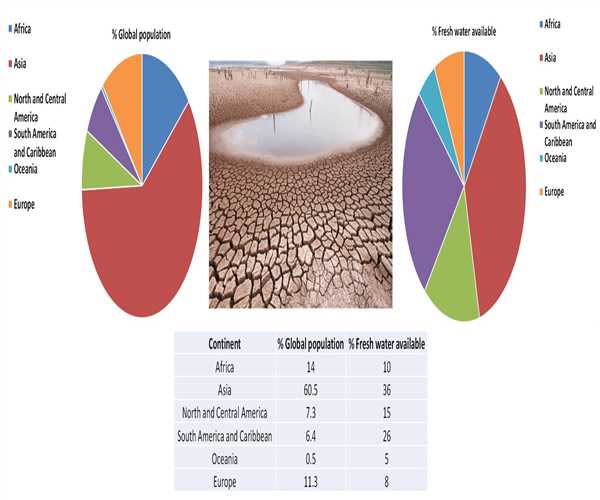Recent developments in global initiatives for clean water access reflect a heightened commitment to addressing water scarcity and ensuring safe and reliable water sources for all.
International organizations, such as UNICEF and the World Health Organization, are actively involved in implementing programs to improve water infrastructure and sanitation facilities in underserved regions. These initiatives aim to provide sustainable access to clean water, particularly in areas facing waterborne diseases and inadequate water quality.
Public-private partnerships have gained prominence in addressing water challenges. Collaborations between governments, non-profit organizations, and private entities facilitate innovative solutions, technology implementation, and efficient resource allocation. These partnerships leverage the strengths of each sector to maximize impact.
Innovative technologies are being employed to enhance water purification and distribution systems. From low-cost filtration solutions to advanced water treatment technologies, these innovations are instrumental in improving water quality and accessibility.
Community-driven projects empower local populations to actively participate in water resource management. By involving communities in decision-making processes and infrastructure development, these initiatives promote sustainable solutions that align with the specific needs of each region.

While progress is evident, challenges persist, including climate change impacts, population growth, and inadequate infrastructure. Continued global collaboration and sustained efforts are essential to achieving universal access to clean water and sanitation, as outlined in the United Nations Sustainable Development Goal 6.
Read also: Summarize recent international policies